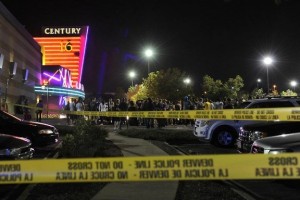 On July 17th, 2012, without evidence or provocation, a high-profile pundit went on record trashing The Dark Knight Rises as a politically charged propaganda piece. As a Batman devotee, I was annoyed, maybe even a little offended. When I said so, a friend told me to lighten up. After all, he said, “Batman is just a cartoon!”
On July 17th, 2012, without evidence or provocation, a high-profile pundit went on record trashing The Dark Knight Rises as a politically charged propaganda piece. As a Batman devotee, I was annoyed, maybe even a little offended. When I said so, a friend told me to lighten up. After all, he said, “Batman is just a cartoon!”
Semantics aside, I knew deep down that there was something wrong about that. I couldn’t put it into words, but something happened that week that made it perfectly clear.
Three days later, at a midnight screening of The Dark Knight Rises, a man wearing a shotgun, an assault rifle, a pistol, gas grenades and full body armor walked into the Century Aurora 16 multiplex in Aurora, Colorado and unloaded on a crowded theater of complete strangers.
Twelve people died, 58 were wounded. Of the twelve fatalities, at least three—Jon Blunk, Matt McQuinn and Alex Teves—were killed while shielding another person’s body with their own. No record was taken of how many non-casualties did the same.
Putting yourself between a gun and another person is the ultimate act of selflessness. It can’t be attributed to instinct alone. Where does a decision like that come from?
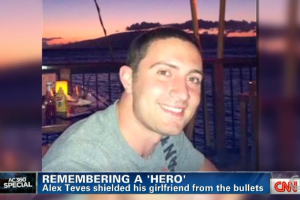 Alex Teves was a comic nerd; utterly, for life and in the best possible way. Through school, anytime he was given a creative writing assignment, superheroes always found their way into the story. In one case, he went as far as to rewrite the ending to Huckleberry Finn with the addition of superheroes to make everything work out. He took his friends to midnight showings of superhero movies, usually their first.
Alex Teves was a comic nerd; utterly, for life and in the best possible way. Through school, anytime he was given a creative writing assignment, superheroes always found their way into the story. In one case, he went as far as to rewrite the ending to Huckleberry Finn with the addition of superheroes to make everything work out. He took his friends to midnight showings of superhero movies, usually their first.
By all accounts, comics had a profound impact on Alex’s character. When asked about his personality, everyone that knew Alex described a person with boundless empathy, his dominant trait. He wasn’t the star scholar of his class, but he was the one other students turned to for help. He was a fitness nut. He even had a “uniform” of sorts: through most of high school, he wore jeans and a white t-shirt every single day. His class eventually honored him with “Alex Teves Day,” when everyone wore jeans and white t-shirts.
Alex went on to earn Bachelor’s and Master’s degrees in Psychology. At the time of his death he was pursuing a degree in Physical Therapy, offering crisis counseling, and mentoring troubled youth. His entire life revolved around helping others, right up until its end on July 20th, when Alex was killed shielding his girlfriend from gunfire.
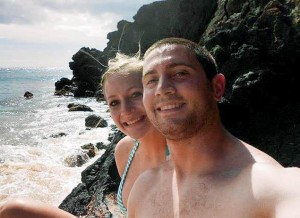 Two months have passed since the Aurora shooting. The Century Aurora 16 is closed, maybe forever. The victims’ families are caught in a debate with the Community First Foundation over the disbursement of more than $5 million in donations. The shooter’s name appears in the news occasionally, but you don’t hear Alex’s name, or the names of any other victims. Not outside of Colorado or Arizona.
Two months have passed since the Aurora shooting. The Century Aurora 16 is closed, maybe forever. The victims’ families are caught in a debate with the Community First Foundation over the disbursement of more than $5 million in donations. The shooter’s name appears in the news occasionally, but you don’t hear Alex’s name, or the names of any other victims. Not outside of Colorado or Arizona.
Comic nerds should know who Alex Teves was, and what he did. He was the best of us. He wasn’t just a fan; he let the stories he loved shape his life. He embodies the reasons these stories are important. In their way, they’re as important as great works of fiction and nonfiction. Nonfiction gives us information, great fiction makes us more creative, but for many of us, comic books teach us what kind of people we want to be. This was never truer than it was for Alex.
Now I know why “Batman’s just a cartoon” didn’t ring true for me. It’s not that billions of people around the world know Batman’s name, his parents’ names, where he’s from, what he does, who and what he cares about. It’s not that he’s everywhere, and instantly recognizable. I agree that Batman’s not real. He’s better than real. He’s an indelible part of America’s national identity, at least as real as John Henry or Atticus Finch. Whether you like the stories or not, these people matter. They matter because they give us real people like Alex Teves.
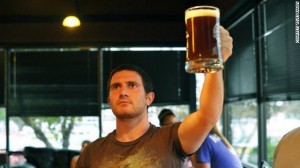 After Alex’s death, his parents started a program entitled The Alex Teves Challenge, an appeal to media outlets not to advertise the name or face of mass murderers following tragedies like the Aurora shooting or the Virginia Tech massacre. Fame-seeking has long been suspected as a motivator for mass murderers, and denying them their fifteen minutes may help prevent such atrocities in the future, and keep the focus on the victims and the community when they do occur. To learn more about the Alex Teves Challenge, visit alexteveschallenge.com.
After Alex’s death, his parents started a program entitled The Alex Teves Challenge, an appeal to media outlets not to advertise the name or face of mass murderers following tragedies like the Aurora shooting or the Virginia Tech massacre. Fame-seeking has long been suspected as a motivator for mass murderers, and denying them their fifteen minutes may help prevent such atrocities in the future, and keep the focus on the victims and the community when they do occur. To learn more about the Alex Teves Challenge, visit alexteveschallenge.com.
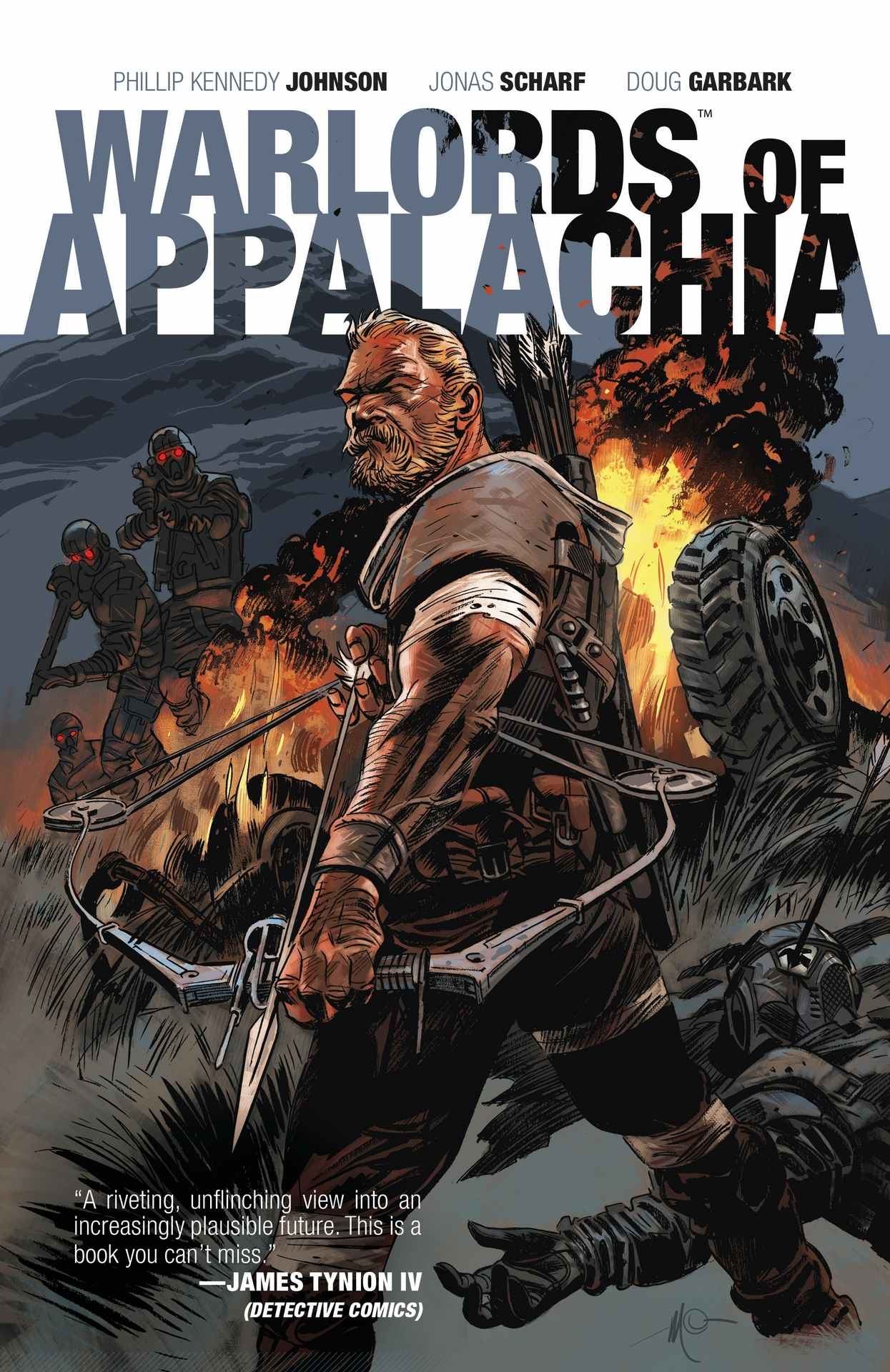
Great article, Phil! This Teves fella seemed like a genuinely awesome person, I’m really glad you wrote this for him
Thanks. Yeah, Tom Waltz of IDW posted a story about him, and I was compelled to find out more. A great person by all accounts.
Pingback: My Fall Tour Playlist- New Faces, Self-Loathing in McDonald’s | Phillip Kennedy Johnson
Pingback: Phillip Kennedy Johnson